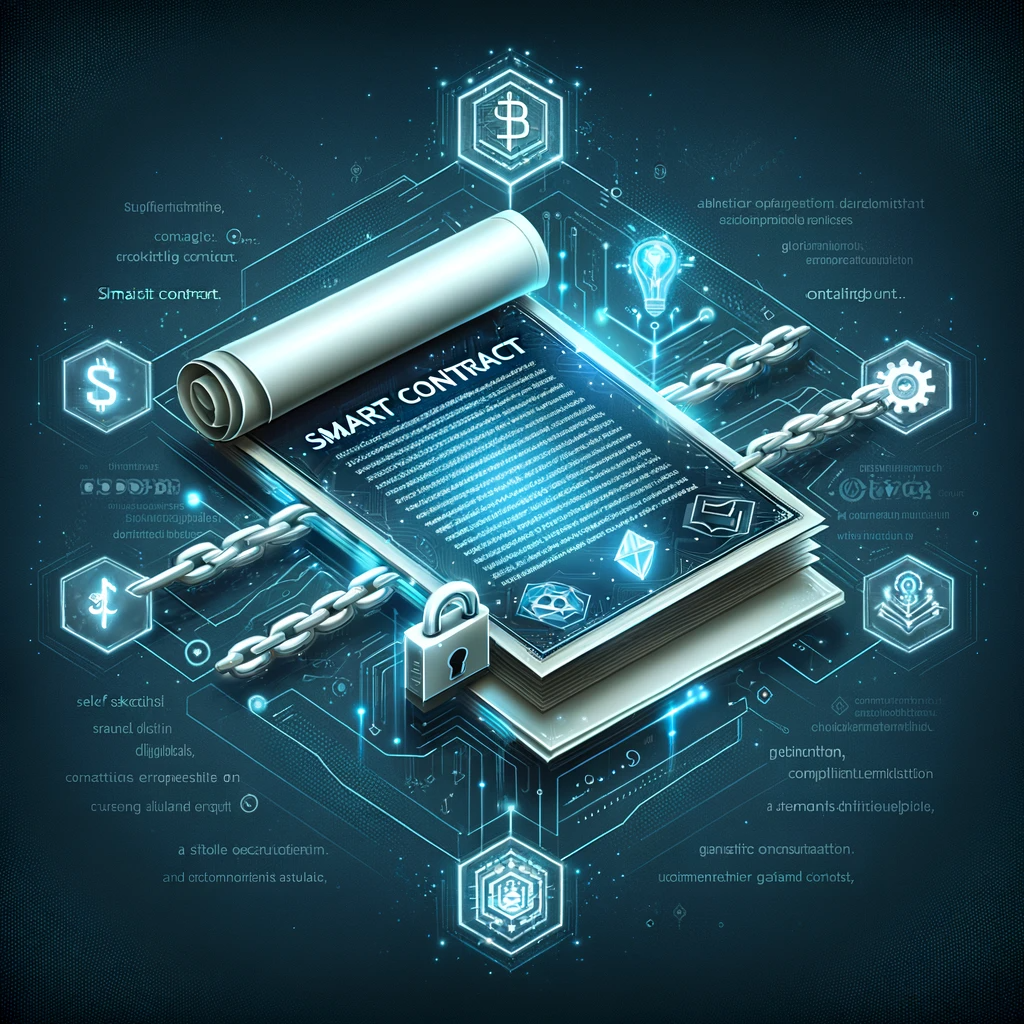blockchain Blockchain Smart Contracts
23-02-18
본문
In this post, we'll take a look at what blockchain smart contracts are and how they work. We'll also provide a real-world example to further explain how these contracts work.
What are blockchain smart contracts?
Unlike traditional contracts that need to be manually enforced by the parties, blockchain smart contracts are self-executing, meaning that when certain conditions are met, the terms of the contract are automatically enforced without any manual intervention from the parties.
For example, if two parties agree on a payment amount, funds can be automatically transferred from one party to the other when certain conditions are met. This eliminates the need for manual enforcement, allowing for faster and more reliable transactions between parties.
How do blockchain smart contracts work?
Smart contracts have the details of the agreement coded in Solidity, Python, and so on. This code is uploaded to the blockchain network and is accessible to all users on the network.
Before the contract is executed, users can specify when the contract goes into effect, and when all the pre-specified conditions are met, the final action (usually an automated financial transaction) takes place automatically without manual intervention from the parties to the transaction.
Example - Automating the insurance claim process
Let's say two parties enter into a contract in which one of them agrees to pay a certain amount of money in the event of an accident (e.g., an insurance claim).
Smart contracts allow both parties to agree on certain predetermined conditions to determine whether or not the contract is triggered (e.g., if an accident occurs).
If these conditions are met and recorded on the blockchain network (via an IOT device, for example), both parties will receive a notification detailing what happened and the funds will be automatically transferred according to the previously specified parameters within seconds, without the need to take any further action!
Conclusion
Smart contracts allow for the automatic execution of agreements between two or more parties once predetermined criteria are met, greatly streamlining existing processes while increasing accuracy and reliability between users engaging in transactions across multiple industries.
By leveraging this innovative technology, organizations can efficiently reduce the costs associated with the contracting process while minimizing the risks associated with fraudulent behavior or failure to fulfill contractual obligations by parties involved in contracts entered into through smart contracts that operate within established legal frameworks both domestically and internationally!



